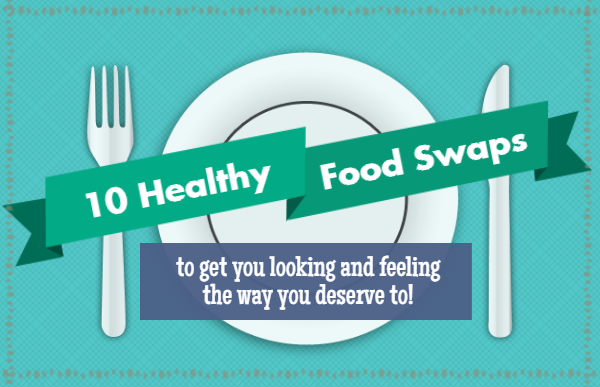Health Benefits of Gelatin + a few thoughts on paleo
What is gelatin?
Gelatin is a food product derived from the collagen of livestock animals (usually beef or pork).
Collagen is the most abundant protein found in mammals–including humans! In fact, it’s the main structural protein that makes up our skin, ligaments, cartilage, gut, blood vessels, and other fibrous tissues.
To the delight of my patriotic husband, the word collagen is derived from the Greek word for glue, which is pretty much how it functions in our bodies.
Gelatin gives jello that wiggly, jiggly structure. Historically, our diets would have contained much higher levels of gelatin (or collagen) since the entire animal was consumed, rather than just the muscle meat.
Gelatin’s benefits go far beyond the dessert aisle
Since it is derived from collagen, gelatin provides the building blocks for collagen production in our own bodies. As we get older our bodies produce less collagen, which can affect our physical health with joint pain and arthritis, as well as our physical appearance, in the form of wrinkles and loose skin.
Consuming gelatin:
- Reduces joint pain (and pain from rheumatoid arthritis)
- Strengthens bones, joints, and fingernails
- Improves the quality of skin and hair
- Helps heal and seal the gut lining
- Improves digestion
(source)
In the same way that gelatin powder attracts water to form desserts, it attracts digestive juices and aids in digestion. It’s been used effectively to treat illnesses such as colitis and chron’s disease.
Since the lining of our gut is made up in large part of collagen, consuming gelatin helps a damaged digestive tract heal, alleviating food allergies and other symptoms associated with leaky gut.
Consuming gelatin can also help balance out our consumption of muscle meat
Many people believe that reducing or eliminating animal products from our diet will result in a longer, healthier life.
One reason folks might feel this way is because there have been studies that show that when meat consumption is restricted, the lifespan of some animals increases. This study in particular, was able to increase the lifespan of mice by reducing a specific amino acid called methionine (that’s found in eggs, muscle meat, and some nuts and seeds.)
But the REALLY interesting thing is that supplementing with glycine (an amino acid that is found in the skin, ligaments, collagen, and connective tissue of animals) has been proven to have the same effect! (study)
Eating animals: we’re doing it wrong
So in essence, it’s not the meat consumption itself that is shortening lifespan. It’s the heavy consumption of muscle meat without the “tid bits” that hold that animal’s muscles together.
By giving all of our attention to muscle meat–and sort of forgetting about the rest of the animal–we are disrupting the natural balance of methionine and glycine that our ancestors consumed.
Ideally, we should try to consume all of the animal, not just the chicken breast or the T-bone. (That means organ meats and “tid bits”!)
But supplementing with gelatin is an easy way to get more glycine, (its actually the best food source of glycine!)
Other great sources are bone broth, and the skin of animals–pork in particular (hello pork rinds!).
Aim for a well-rounded paleo diet
I embrace many aspects of the paleo diet, BUT I feel that sometimes people might be missing the ultimate goal of it. Our ancestors surely ate meat, but they didn’t eat a ribeye steak at every meal!
Part of the reason animal products have been prized throughout human history is because they were rare/difficult to come across. Our ancestors consumed animals from nose to tail. By consuming in this way, our bodies can use the nourishment synergistically, as nature intended!
If you’re thinking about switching to a paleo diet, do a little homework!
Before doing a total overhaul on the way you eat, I suggest doing a bit of research to make sure you are choosing the right foods for you and your family. A few of my most trusted resources are Chris Kresser, Katie the Wellness Mama, and Sean Croxton.






Leave a Reply